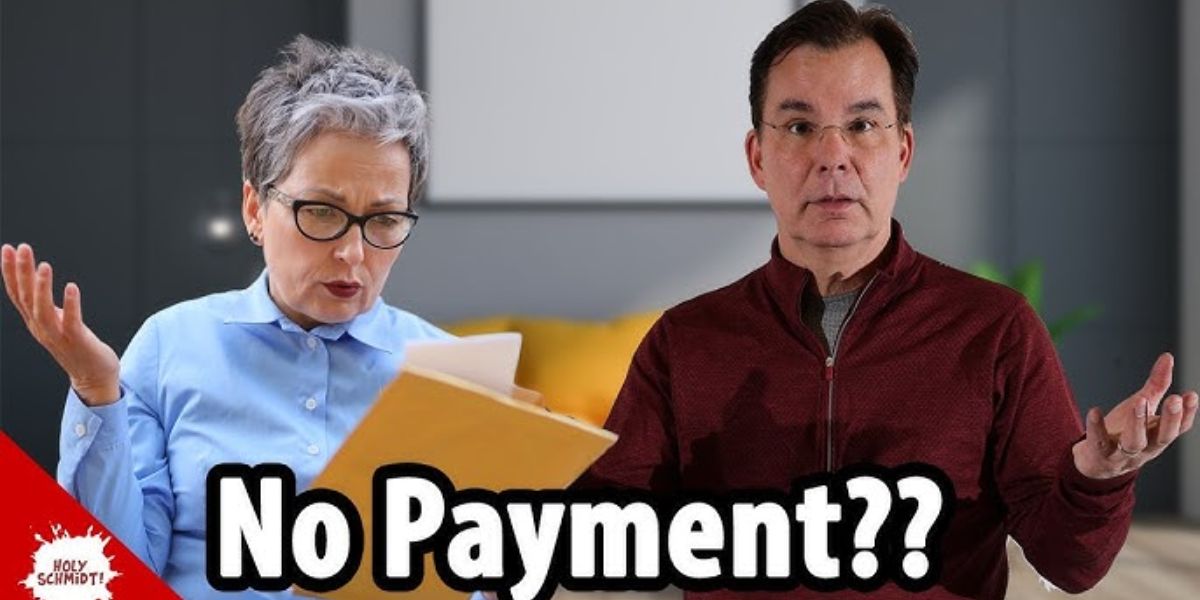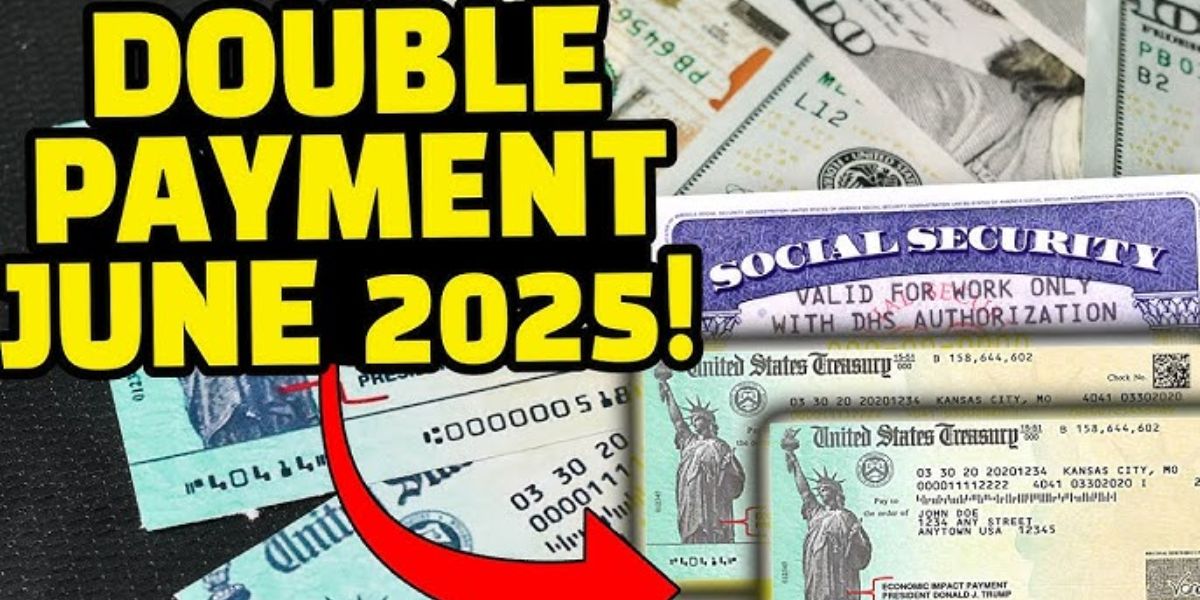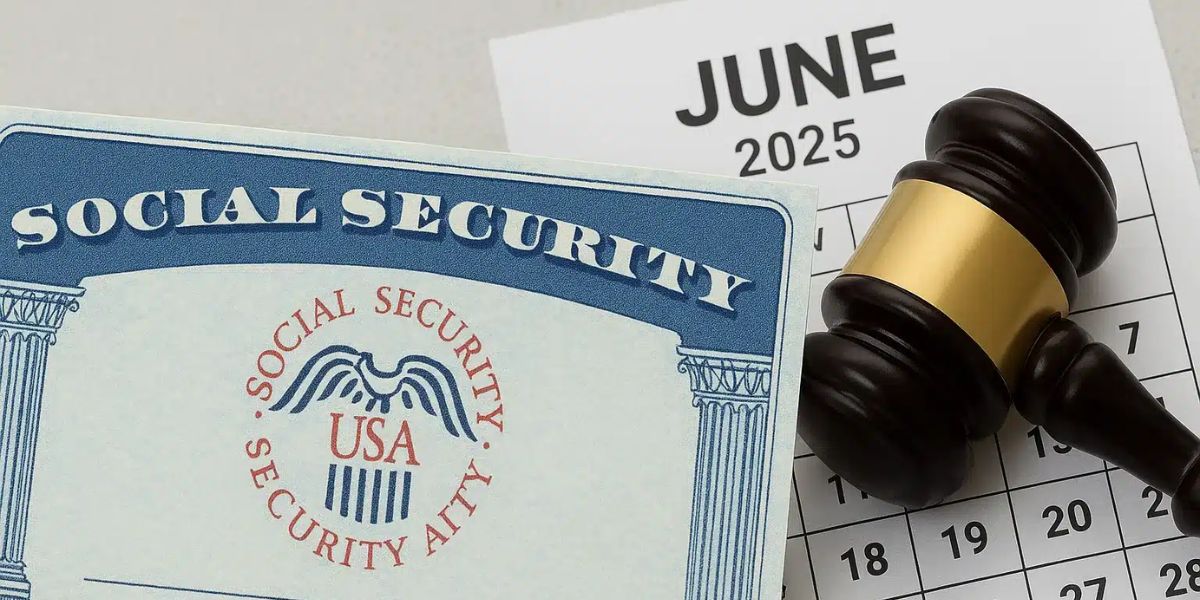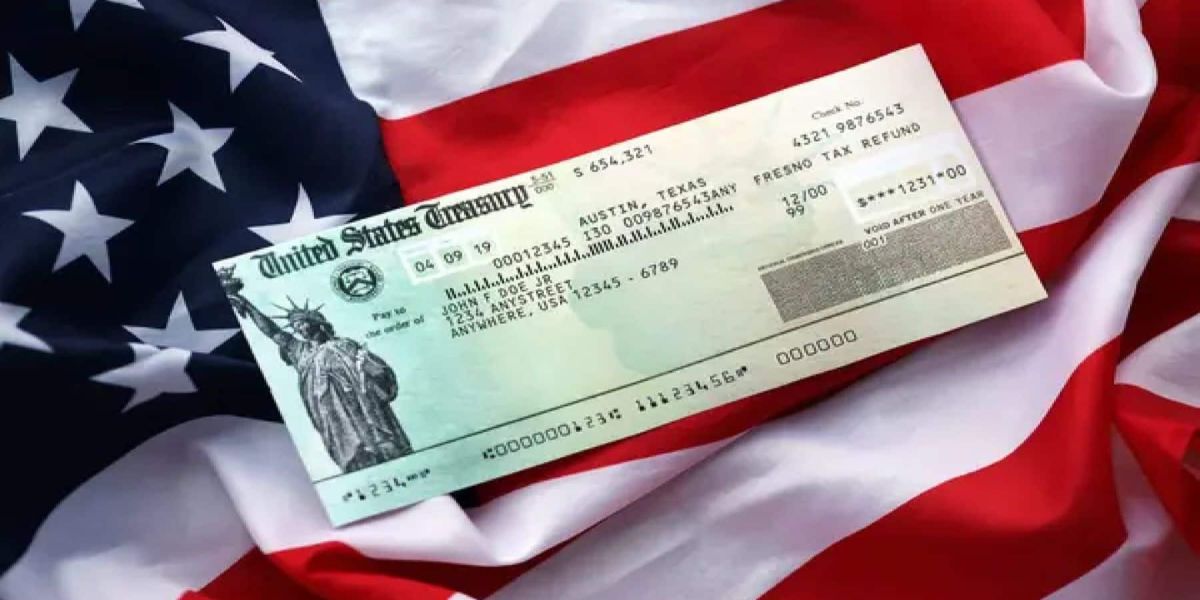If you’ve noticed a missed Social Security payment or fear one could be coming, you’re not alone. Thousands of recipients across the U.S. face interruptions every year, and knowing the reasons could help you act fast to fix it.
Common Reasons Social Security Payments Stop
Several common situations may cause your monthly benefits to pause — often without prior notice. According to the Social Security Administration, the most frequent reasons include:
- Unreported changes in income or living arrangements
- Bank account issues, such as closed accounts or incorrect direct deposit information
- Failure to respond to official SSA mail or re-certification notices
- Exceeding earnings limits if you’re collecting early retirement or disability benefits
- Incarceration or removal from the country
Even minor issues like a change in mailing address or switching banks can cause disruptions if not reported in time. The SSA strongly urges beneficiaries to keep personal information up to date to avoid sudden payment stops.
What To Do If Your Payment Stops
If you didn’t receive your expected payment, the SSA recommends taking the following steps:
- Check your bank account and My Social Security account to confirm the deposit didn’t go through.
- Call the SSA immediately at 1-800-772-1213. For TTY, call 1-800-325-0778.
- Visit your local SSA office if your issue can’t be resolved by phone.
- Review recent mail from the SSA — you may have missed a key notice requiring action.
For those who receive benefits via direct deposit, ensure your bank account is still active and that no recent fraud or account closures occurred. If you moved or changed banks, confirm that the SSA has your current info.
How to Restart Benefits and Recover Missed Payments
The good news: in most cases, payments can be restarted and missed benefits reimbursed — if you take the right steps.
- File the necessary paperwork or re-certification forms as directed by the SSA.
- Provide updated documents such as proof of income, residency, or a new bank account.
- If you’ve been overpaid and your benefits stopped as a result, you may qualify for a payment plan or even a waiver.
According to AARP, it can take 30 to 60 days for benefits to resume after you’ve resolved the issue. Delays are common, especially for Supplemental Security Income (SSI) recipients, who often face additional eligibility checks.
Prevent Future Interruptions
To avoid missed payments in the future:
- Sign up for a “My Social Security” account to monitor your benefits and messages
- Report changes immediately, including income, employment, living situation, or direct deposit info
- Check your mail regularly for time-sensitive notices
- Avoid exceeding earnings limits if you’re under full retirement age
Also, consider speaking with a Social Security advisor or advocate if your case involves disability, survivors’ benefits, or international travel — which can carry additional rules and risk of disruption.
Staying on top of your Social Security records and acting quickly can mean the difference between a brief delay and a long-term interruption in benefits. Stay informed and follow us for more updates on Social Security, retirement, and financial news that affects you.












